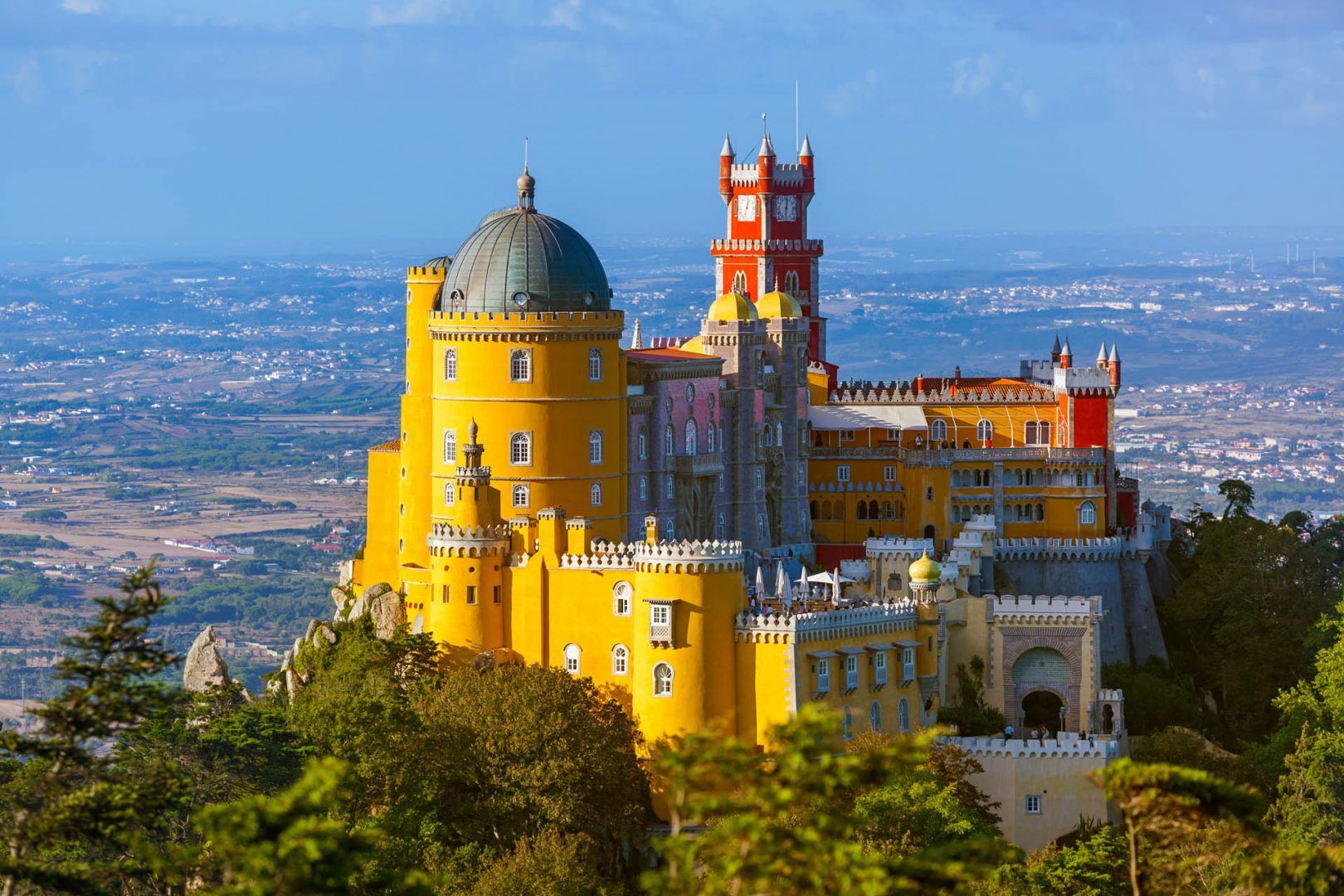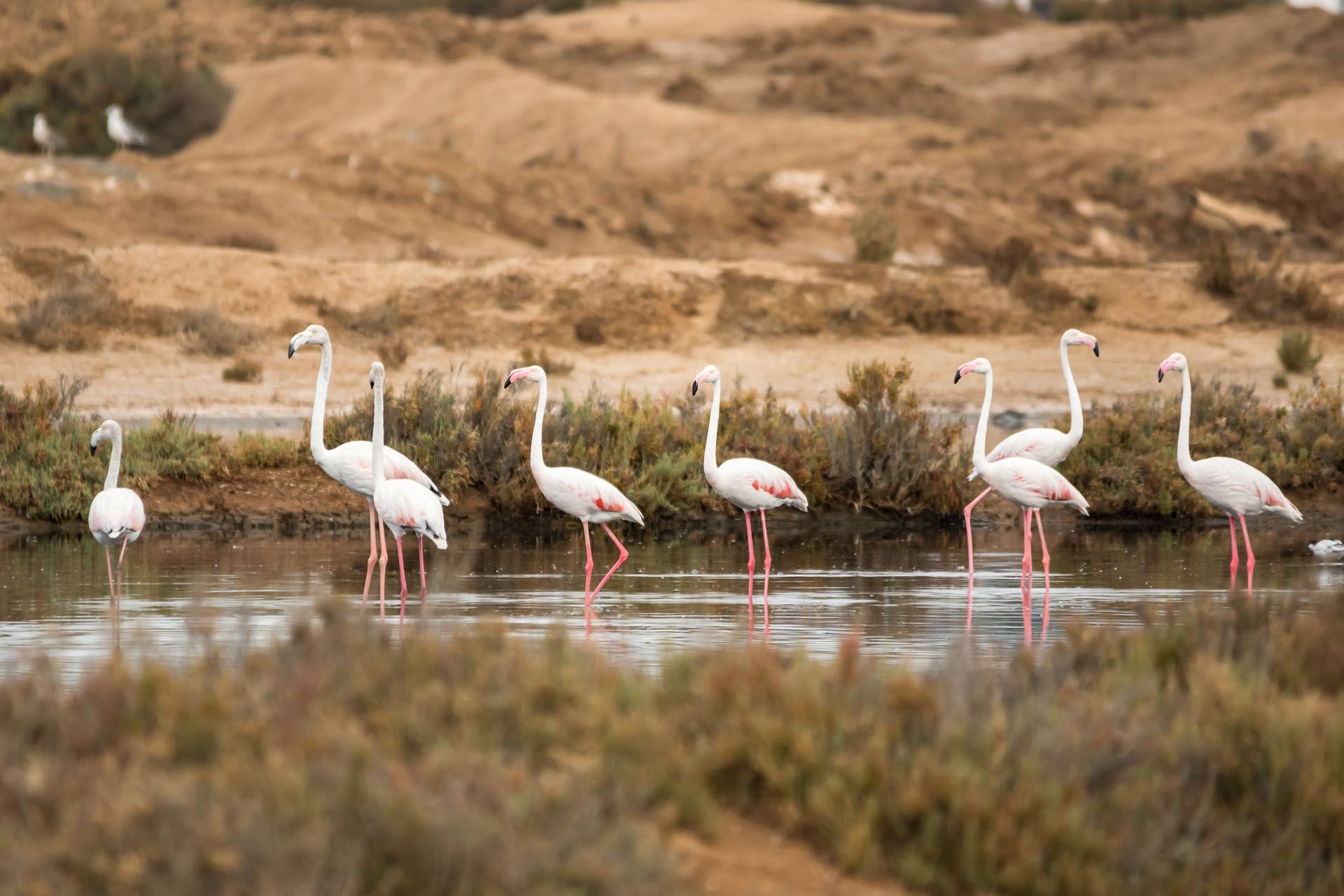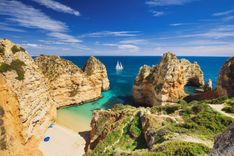11. Paiva Walkways (Passadiços do Paiva) with 516 Arouca Suspension Bridge
This 5-mile (8 km) trail follows wooden walkways built along the Paiva River in the Arouca Geopark. One of the main highlights is crossing the 1,693-foot (516-meter) Arouca Suspension Bridge, which hangs 574 feet (175 meters) above the gorge. If you’re not afraid of heights, the bridge gives you a pretty wild view down into the canyon.
The trail itself is moderately challenging. You’ll walk through sections of forest, across open rocky terrain, and along boardwalks that hug steep hillsides. There are some steep ascents and descents.
The scenery shifts along the way—river bends, wildflowers, and interesting rock formations keep it varied. In warmer months, there are a few safe access points for a swim in the river. This is easily one of the best of Portugal's hikes.
The route is one-way, and most people start from Areinho and finish in Espiunca. If you don’t want to walk the whole trail back, it’s a good idea to arrange the shuttle that runs between the two ends.
How to get to Paiva Walkways
From Porto, it’s about a 47-mile (75 km) drive east via the A1 and A32. Follow signs to Arouca and then to Espiunca, where one of the main trailheads is located. If you're doing a one-way hike, check the shuttle schedule so you can plan your return.
There are also guided day trips from Porto that include transport and usually some info along the way.
When to visit Paiva Walkways
Go on a weekday morning—ideally Tuesday to Thursday—if you want to avoid crowds. Spring and early autumn are the most comfortable times for hiking, with mild weather and less rain. Summer can get hot, especially on the exposed stretches. The walkways may close during bad weather, particularly in winter, so check the official site before making the trip between November and February.












